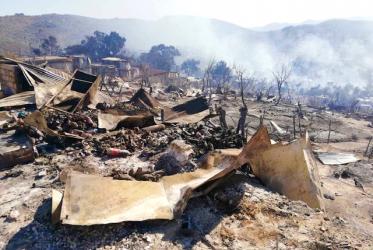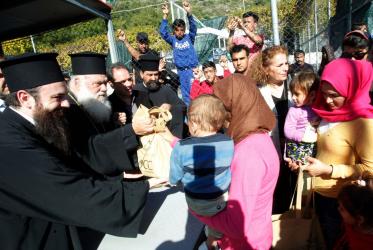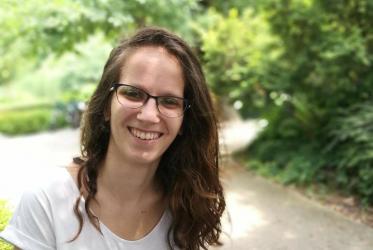Displaying 1 - 20 of 76
06 September 2022
Women with disabilities want to belong in churches
31 August 2022
WCC honored with Bridge Builder Award 2021
02 July 2021
In a COVID-stricken world, “everyone is important”
23 October 2020
The cry of the Papuans in Indonesia
14 November 2019
Markus Imhoof film receives human rights award
10 October 2019
Role of religion being questioned in public event in Norway
14 August 2019
A faith-based, holistic approach to HIV and AIDS-care
13 March 2019













